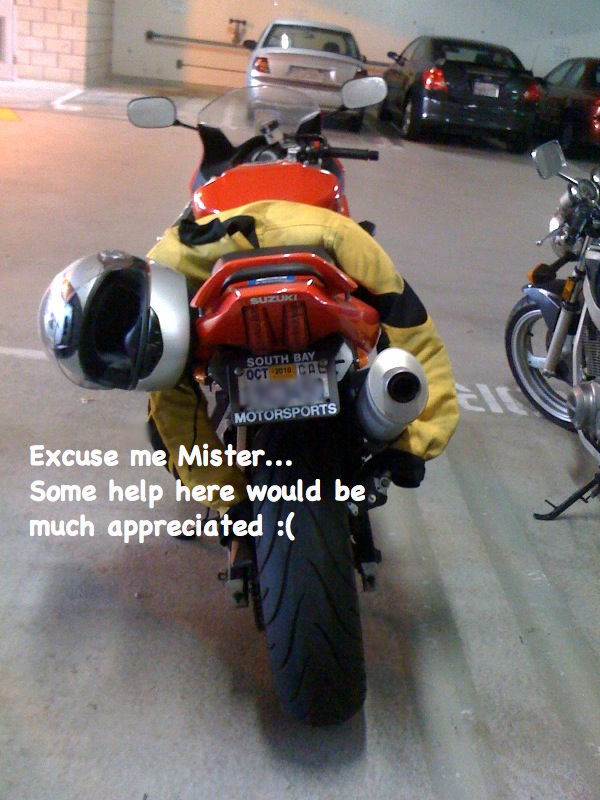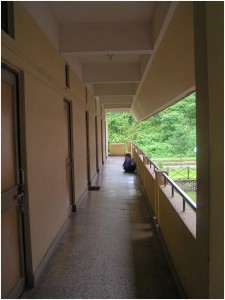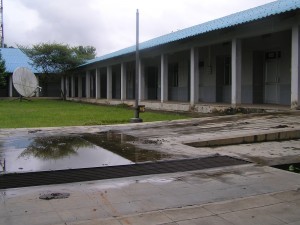Wired.com has an article today on a topic which would appear esoteric to most of us. The respectable portal has as its main article, a primer on a collection of online and IRL (in real life) protests, under the umbrella name of Project Chanology, against the Church of Scientology. It doesn't matter what the Church of Scientology is or what it did wrong in order to invite the disapproval; what is more significant is who carried out the protests and in what manner they were conducted. It is all the more significant in the light of the fact that the same nebulous group of people were involved heavily in helping the Iranian protesters and are now raising their voices against Internet censorship in China and Australia. The group goes by the name 'Anonymous' and their culture is one of the most intriguing facets of contemporary online society. It not only serves as an educational study in the purest form of democracy, and how order results from pure chaos, it also raises very important ethical and moral questions.
'Anonymous' is an offshoot of 4chan.org. The site features various bulletin boards, the most notorious of them being its 'random' board which goes by the moniker /b/. The board is notorious for being highly pornographic, scatological, generally rebellious, irreverent and highly politically incorrect in nature (consider yourself warned). It's presence would have been just another flash in the pan, had it not been the host for more than 5 million visitors per month. The board has the general rule that 'it has no rules' and all members post under the same pseudonym of 'Anonymous'. The fact that there is nothing to identify individual posters allows the best and worst of human nature to shine through. Bad ideas are mercilessly made fun of and cruelly discarded, whereas good ones garner a following so huge that the associated tremors are felt far and wide across the internet. But never is the merit of an idea ever influenced by the reputation of its creator. It's a chaotic world where individual imagination is not bound by the one thing that has done more than any other to stifle creativity - social propriety. There is no one to look up to, no precedences to necessarily follow, nothing sacred. What results is a particularly perverted image of humanity - one unencumbered by social mores, but I believe that it is its most honest image actually, and like all things honest, it manages to shock. In fact that is why honesty is probably made such a big deal of. Not necessarily because it's 'moral' but because we place such a high premium on it owing to its capacity to shock. We know that loftier the principle is, the easier it is to justify not following it. Hence want to keep it and preserve it in a jar filled with formaldehyde and we want to lock it, and we secretly want that jar to never open. Well, it lies in smithereens on /b/ and human nature, in all its disfigured monstrosity and primal creativity, emerges bare naked therein. The more interesting aspect about the mess that is /b/ is that order does emerge from it. Vague morality and sketchy ethics do emanate where they should have never had to. Coherent debates and funny threads do manage to survive the onslaught of huge doses of mediocrity and listlessness. And every once in a while, as if by magic, an idea is promulgated and a few faceless contributors join hands, and from that small seed develops a small plant which rapidly feeds upon its own nontrivial imagination and swells to suck in its whirlpool, many more 'anons', and we begin to feel its effects in our faraway existences.
Time magazine, last year, conducted an online poll about the most influential person in the world (the results are still online). The top position was won by a guy named 'moot'. He is the guy who started 4chan.org. The next 20 places were won by people, the first letters of whose names spell a 4chan oddity. Time magazine, to this date, doesn't accept that they were completely outwitted.





